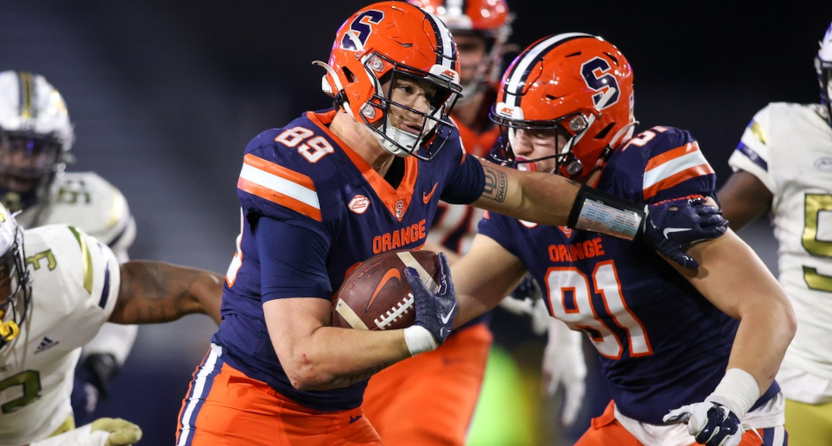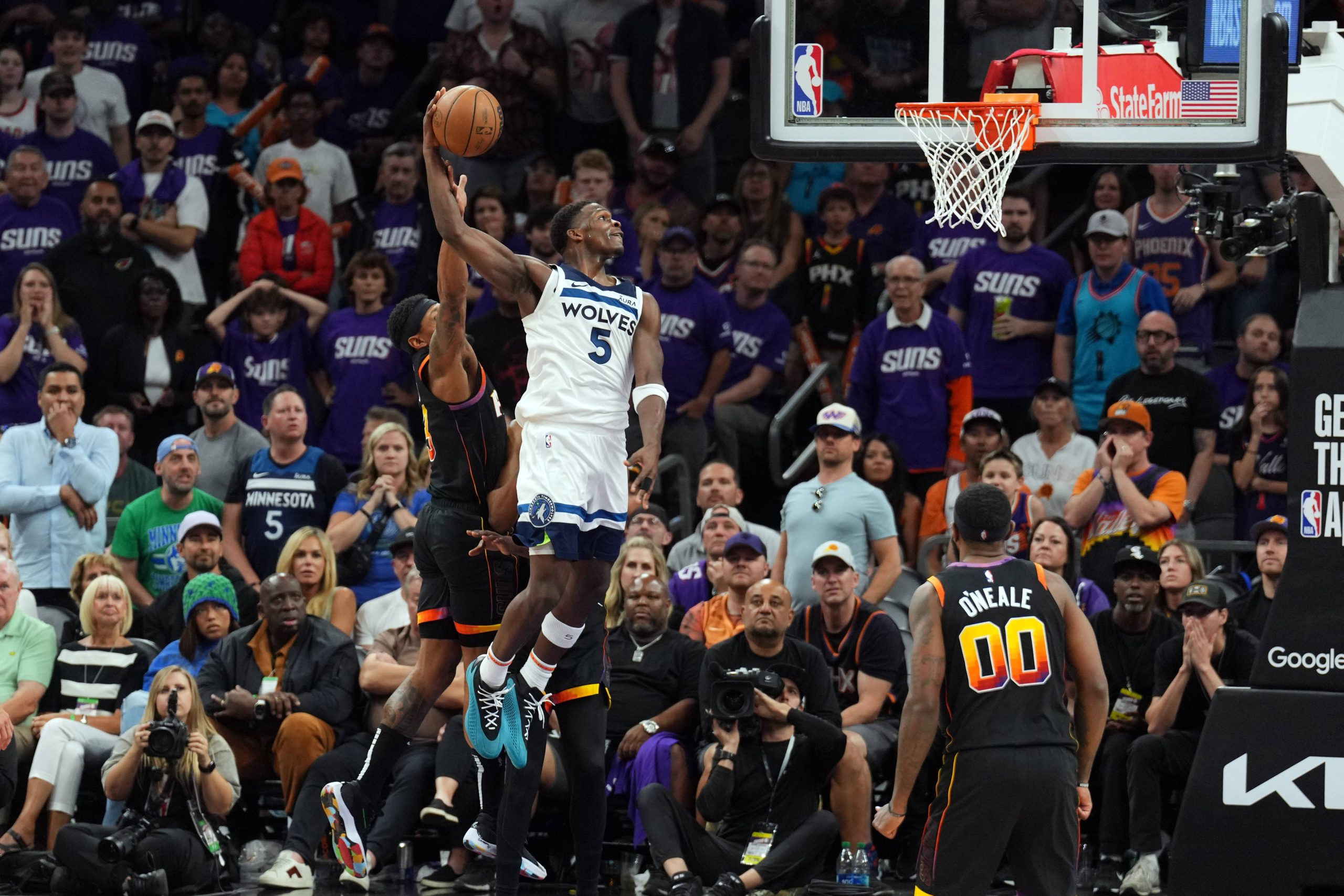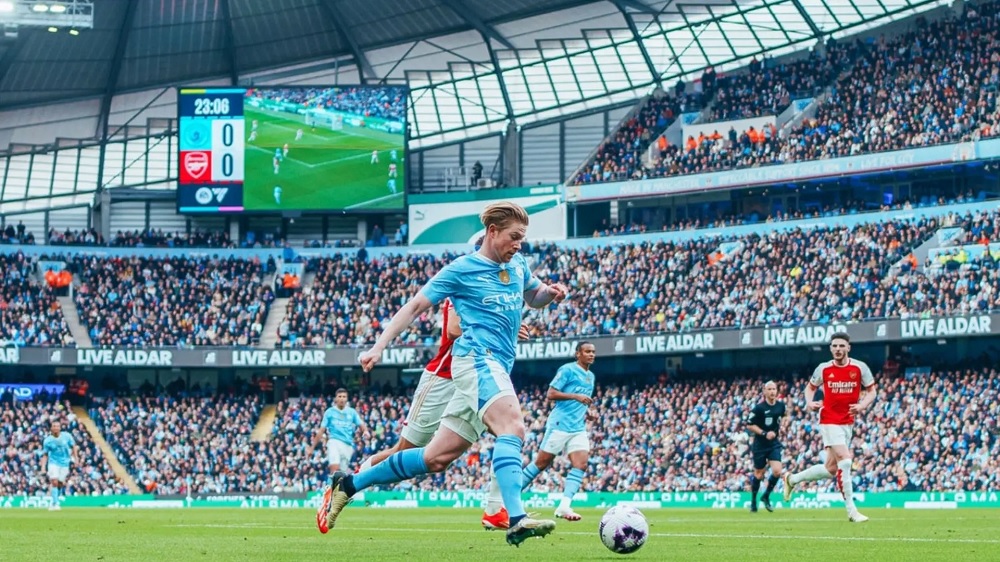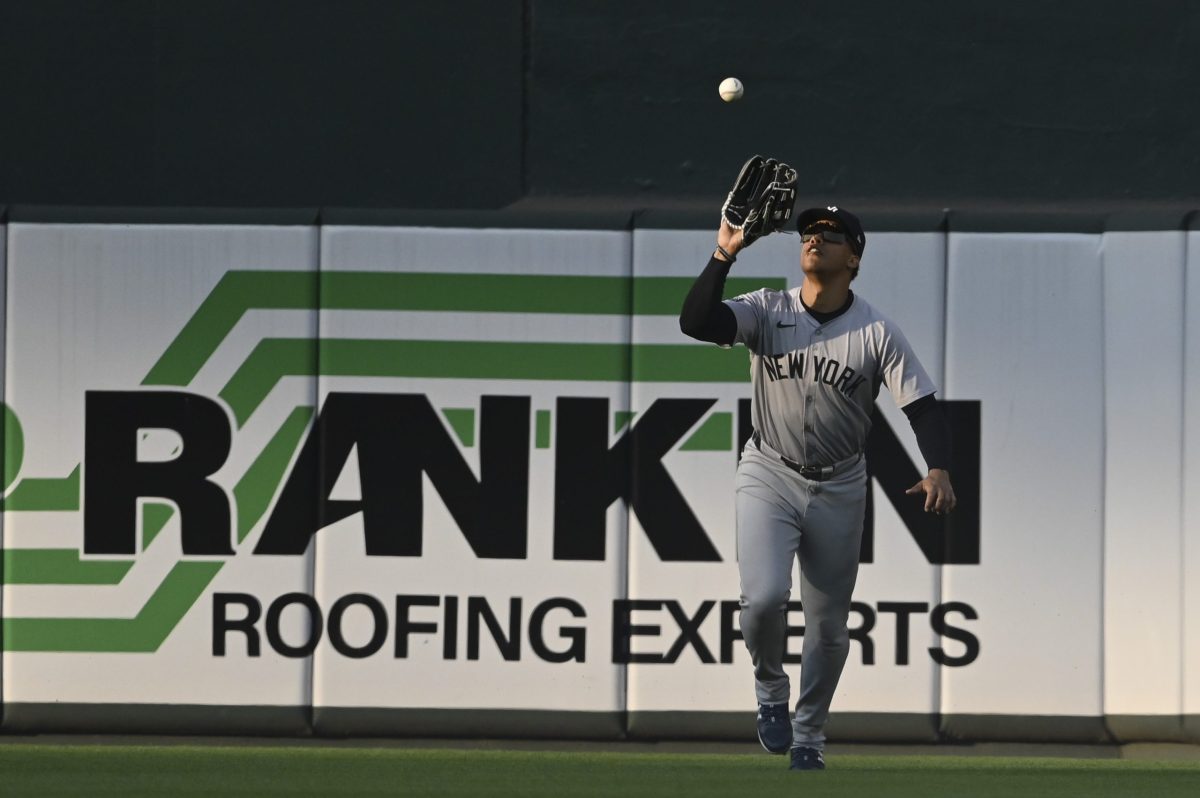Perhaps the most remarkable thing around the significant media coverage of a proposed college football “super league” is who is not involved. A key story on this from Andrew Marchand and Stewart Mandel at The Athletic Wednesday involved on-the-record quotes from executives at just two schools that are not generally perceived to be even close to national title contention. That would be Syracuse and West Virginia:
NEW: A group of sports execs and college presidents is proposing a football “Super League” of 80 schools, to pay players, collectively bargain and increase revenue.
“The current model for college athletics is dead.”
Story by @AndrewMarchand and me.https://t.co/sffsolyhrO
— Stewart Mandel (@slmandel) April 3, 2024
As per that story, the idea from group “College Sports Tomorrow” is for an 80-team setup. That would include 70 permanent members (all members of the five former major conferences, plus Notre Dame and new ACC member SMU) in seven 10-team divisions, with an eighth 10-team division involving promotion and relegation for the other schools in the 130-plus team FBS.
And, yes, there are significant people cited as being involved. Those include NFL chief media and business officer Brian Rolapp, Philadelphia 76ers owner David Blitzer and lead organizer Len Perna of search firm TurnkeyZRG. But the people actually in college sports quoted here are West Virginia president Gordon Gee and Syracuse chancellor Kent Syverud (Perna is quoted, but he’s leading this on-the-outside-looking-in group), and it’s difficult to imagine a world where figures at those schools are two of the most important people in college athletics. And while the quotes from Syverud and Gee suggest potential apocalypse under the current system (albeit without much to defend that view), the piece’s note on how few conferences will even take a meeting with them perhaps stands out more:
“The current model for governing and managing college athletics is dead,” Syracuse chancellor Kent Syverud told The Athletic during an interview.
West Virginia president Gordon Gee added, “We are in an existential crisis.”
…Thus far, the group is struggling to gain traction with the schools that would play in their proposed “Super League.” The ACC board of directors heard a presentation from the group in February. However, planned dinners with administrators from the Big Ten, SEC and Big 12 all were called off. Spokespersons for the Big Ten and SEC said commissioners Petitti and Greg Sankey, respectively, have not met with Perna’s group.
Leagues have been hesitant and canceled meetings so as not to upset their current broadcast partners, including ESPN and Fox, according to one executive briefed on the commissioners’ thoughts.
And that’s the thing. The claim here is that this CST structure would somehow produce more TV money. But it’s difficult to envision that with how this is laid out. The amusing thing here with the Super League name (which, did they not learn from how poorly that went in European soccer?) is that this is not in any actual way the idea of a “super league.”
The thing there that has been discussed and feared by many is a further separation of the Power Two, the Big Ten and the SEC, from the rest of college football. This proposal would give full and equivalent permanent member credit to everyone in the ACC and Big 12, and even to the current only remaining members of the Pac-12 in Oregon State and Washington State (whose status and access is otherwise threatened). So it’s much more of a status quo league than a super league.
There also is no indication in this story of any concrete proposals to draw more television revenue. There is seemingly nothing in this proposal that would look better for networks than their current and long-running contracts with conferences. And while there are a lot of “trust us, this would get more TV money” comments, there’s nothing supporting that. And there’s nothing to indicate why this structure would somehow be better for top schools even if current lawsuits go against existing conferences.
There is an argument that maybe the eighth division and its promotion and relegation setup might draw in some new fans. But “Do pro/rel and the fans will come!” is a very flawed argument, as seen in the last decade-plus of North American soccer discourse. And even if that concept is bought into, that’s an incredibly small part of this overall plan, which would calcify the current “power conference” teams (and do so on a scale where ACC, Big 12, and even Pac-12 members are seemingly equivalent to SEC and Big Ten schools) while providing a small opportunity for others to maybe occasionally compete with them.
It is of course possible that this CST group will actually make some progress. The piece here from Marchand and Mandel indicates that executives involved in college football have been curious about this group’s activities. And maybe there will be more support for this than we’re seeing right now. But it seems extremely difficult to imagine a scenario where schools from the SEC and the Big Ten would give up the prominence they’ve currently established to return to the level of these other “Power Five” schools.
And that makes it stand out further here that the quotes in this piece from school officials come from people at Syracuse and West Virginia. Those schools are highly unlikely to contend for college football national championships under the current setup. Beyond the current setup letting the Big Ten and the SEC pull away from the rest of the “Power Five,” these are not even schools that are regularly discussed as contenders for their own conference championships.
Thus, there’s a lot seemingly for officials at these schools to gain from a setup that would have them as a “permanent member” in the same category as an Alabama, Michigan, or Ohio State. Meanwhile, officials at those schools might gain much more from a Big Ten-SEC “Super League.” And that makes it quite interesting for this piece to so heavily feature quotes from leaders at schools that would benefit from it, and not those who do not need those schools.






